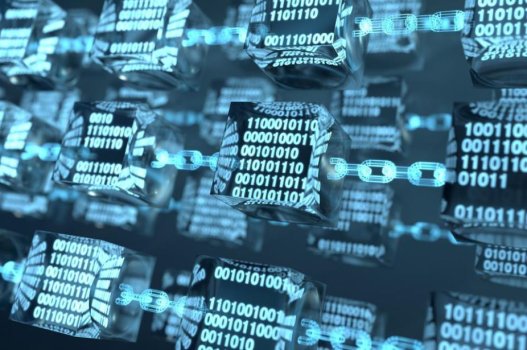Blockchains are distributed databases that store the data among nodes on a network and guarantee the fidelity and security of data stored on the chain. They are typically used in cases where the data has to be trusted without the need for third-party verification. Blockchains serve as the underlying infrastructure for cryptocurrencies, which have surged in adoption and popularity in recent years.
A defining characteristic of blockchains is that the data stored on them is immutable — data stored on the blocks in the chain are linked together cryptographically and very hard to change without expending considerable resources.
We are starting to see alternative use cases emerge for blockchain technology, especially in areas such as cybersecurity identity management, food industry supply chains, healthcare, property records and digital voting.
Cybersecurity Use Cases
According to a study conducted by IoT Analytics in 2020, there are 12 billion internet-connected devices worldwide, and the global number of connected devices tops 21.7 billion. With the growing number of devices, businesses and IT departments struggle to authenticate users and devices and provide them access to critical business applications, especially when users bring their own devices (BYOD) and are often working remotely.
Continue reading:
https://www.forbes.com/sites/forbestechcouncil/2022/02/02/blockchains-use-cases-in-cybersecurity/?sh=27e393505989
A defining characteristic of blockchains is that the data stored on them is immutable — data stored on the blocks in the chain are linked together cryptographically and very hard to change without expending considerable resources.
We are starting to see alternative use cases emerge for blockchain technology, especially in areas such as cybersecurity identity management, food industry supply chains, healthcare, property records and digital voting.
Cybersecurity Use Cases
According to a study conducted by IoT Analytics in 2020, there are 12 billion internet-connected devices worldwide, and the global number of connected devices tops 21.7 billion. With the growing number of devices, businesses and IT departments struggle to authenticate users and devices and provide them access to critical business applications, especially when users bring their own devices (BYOD) and are often working remotely.
Continue reading:
https://www.forbes.com/sites/forbestechcouncil/2022/02/02/blockchains-use-cases-in-cybersecurity/?sh=27e393505989

